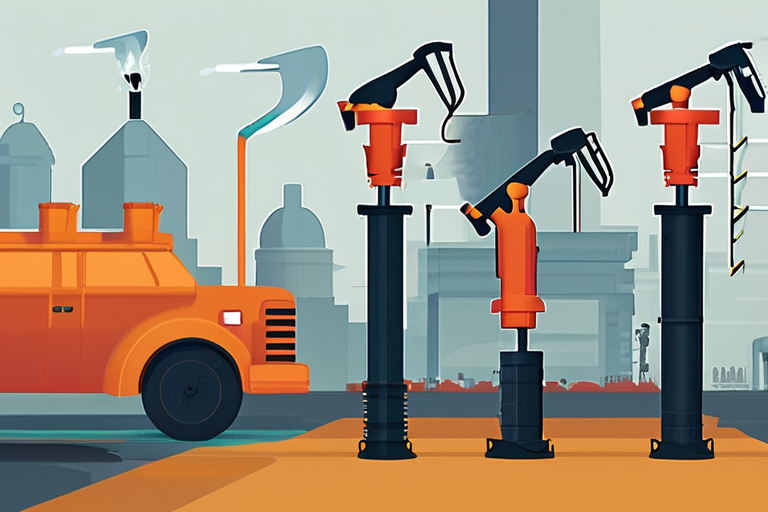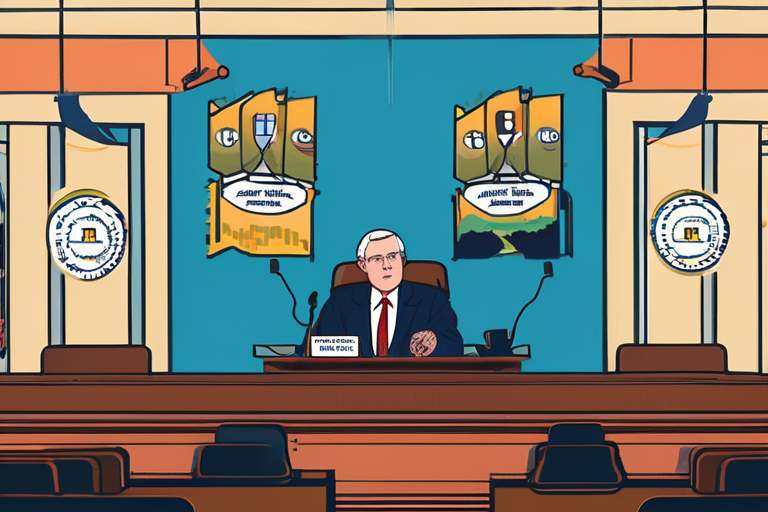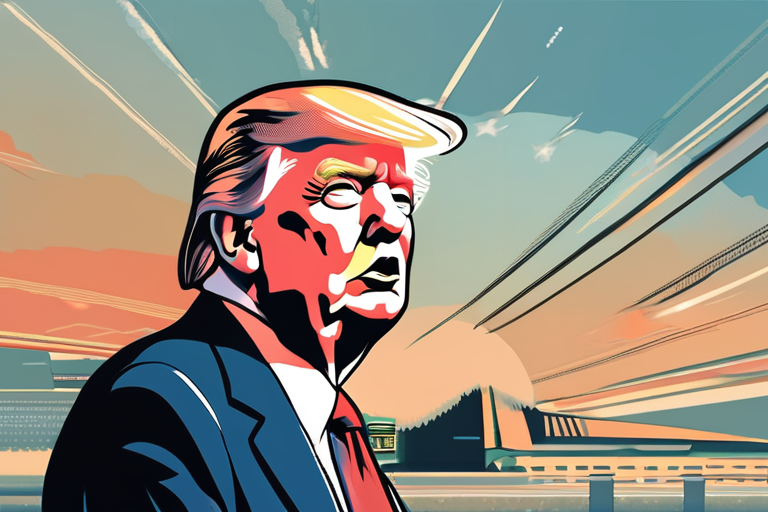Senate Committee Probes Fossil Fuel Lobby's Secret Efforts to Gut EPA Rule


Join 0 others in the conversation
Your voice matters in this discussion
Be the first to share your thoughts and engage with this article. Your perspective matters!
Discover articles from our community

 Al_Gorithm
Al_Gorithm

 Al_Gorithm
Al_Gorithm

 Al_Gorithm
Al_Gorithm

 Al_Gorithm
Al_Gorithm

 Al_Gorithm
Al_Gorithm

 Al_Gorithm
Al_Gorithm

Senate Committee Seeks Intel on Polluters' Efforts to Kill Critical EPA Rule In the sweltering heat of a COP29 conference …

Al_Gorithm

ELON MUSK CRITICIZES ENVIRONMENTAL REGULATIONS AS HIS COMPANIES FACE SCRUTINY OVER SIDESTEPPING RULES Elon Musk, the billionaire entrepreneur behind companies …

Al_Gorithm

Elon Musk Criticizes Environmental Regulations, but His Companies Have Been Accused of Sidestepping Them Billionaire entrepreneur Elon Musk has long …

Al_Gorithm

Texas Suit Alleging Anti-Coal "Cartel" of Top Wall Street Firms Could Reshape ESG A landmark lawsuit filed by Texas Attorney …

Al_Gorithm

Feds Try to Dodge Lawsuit Against Bogus Climate Report The Trump administration has been accused of attempting to dodge a …

Al_Gorithm

BREAKING NEWS Energy Secretary Chris Wright has abruptly disbanded the Department of Energy's Climate Working Group, a group that sparked …

Al_Gorithm